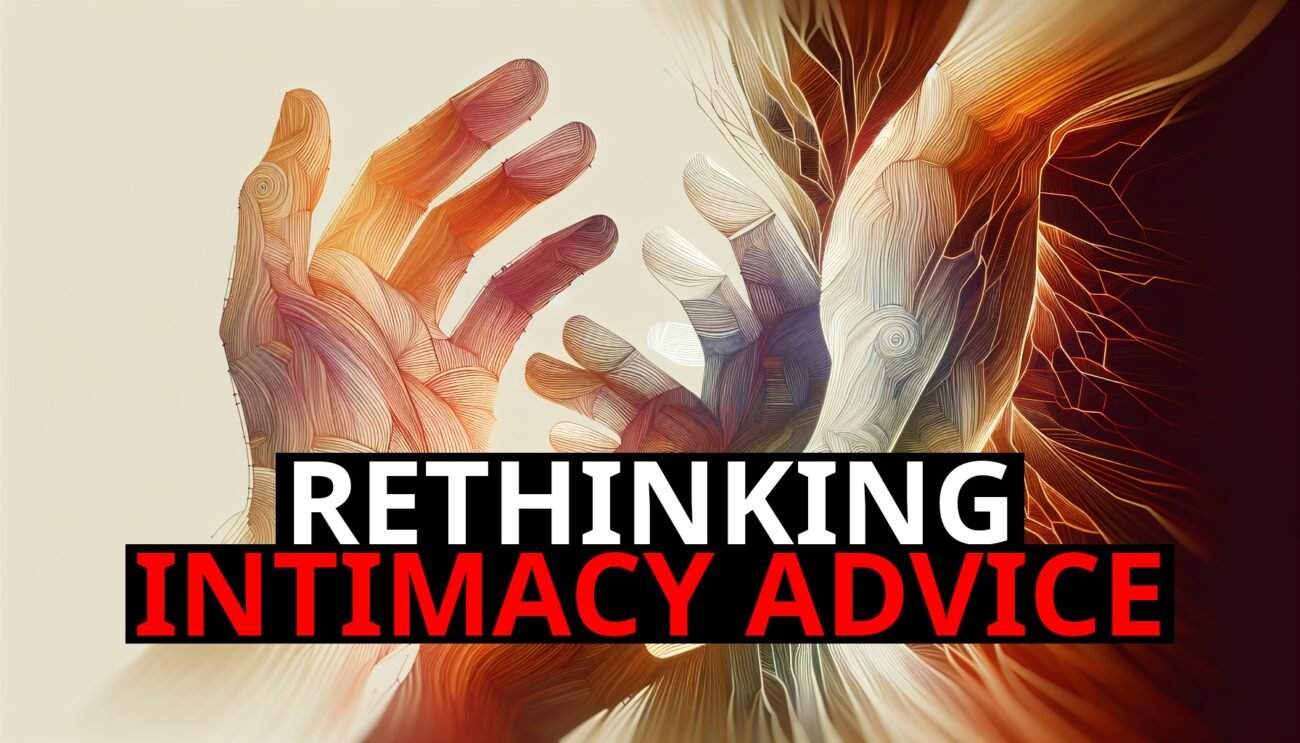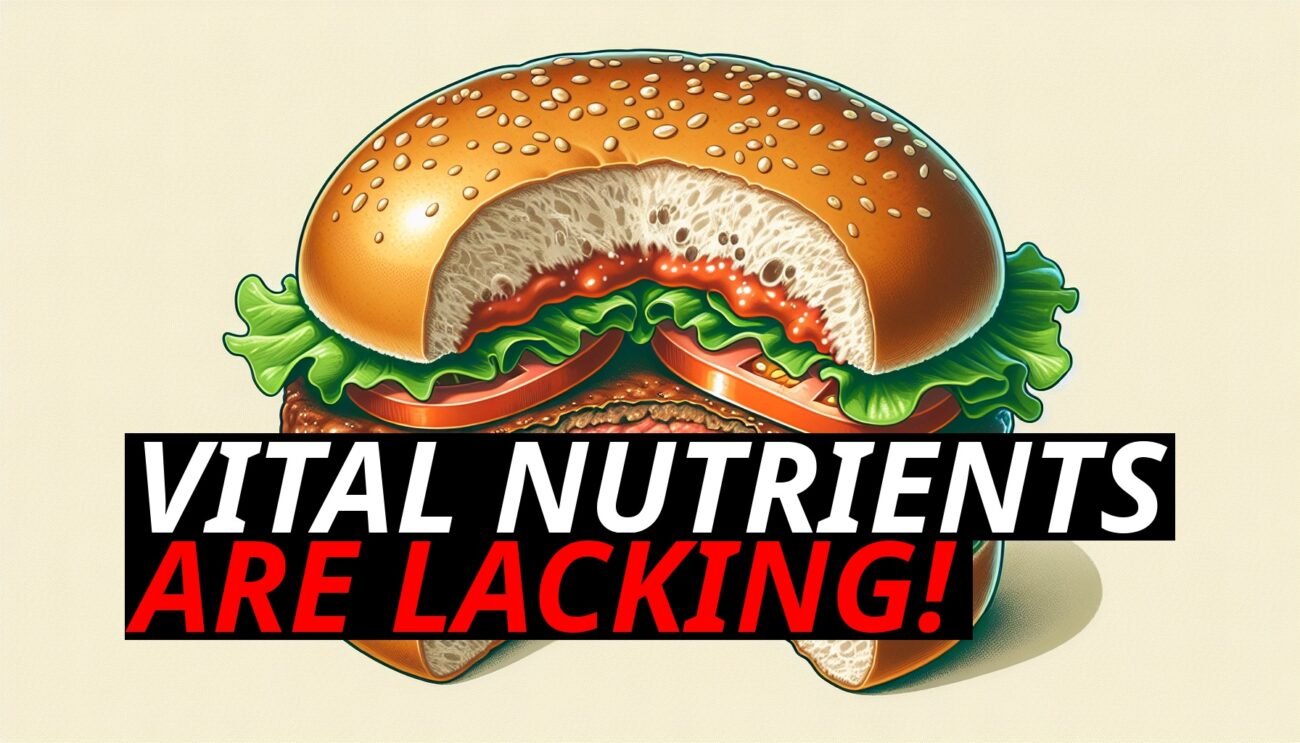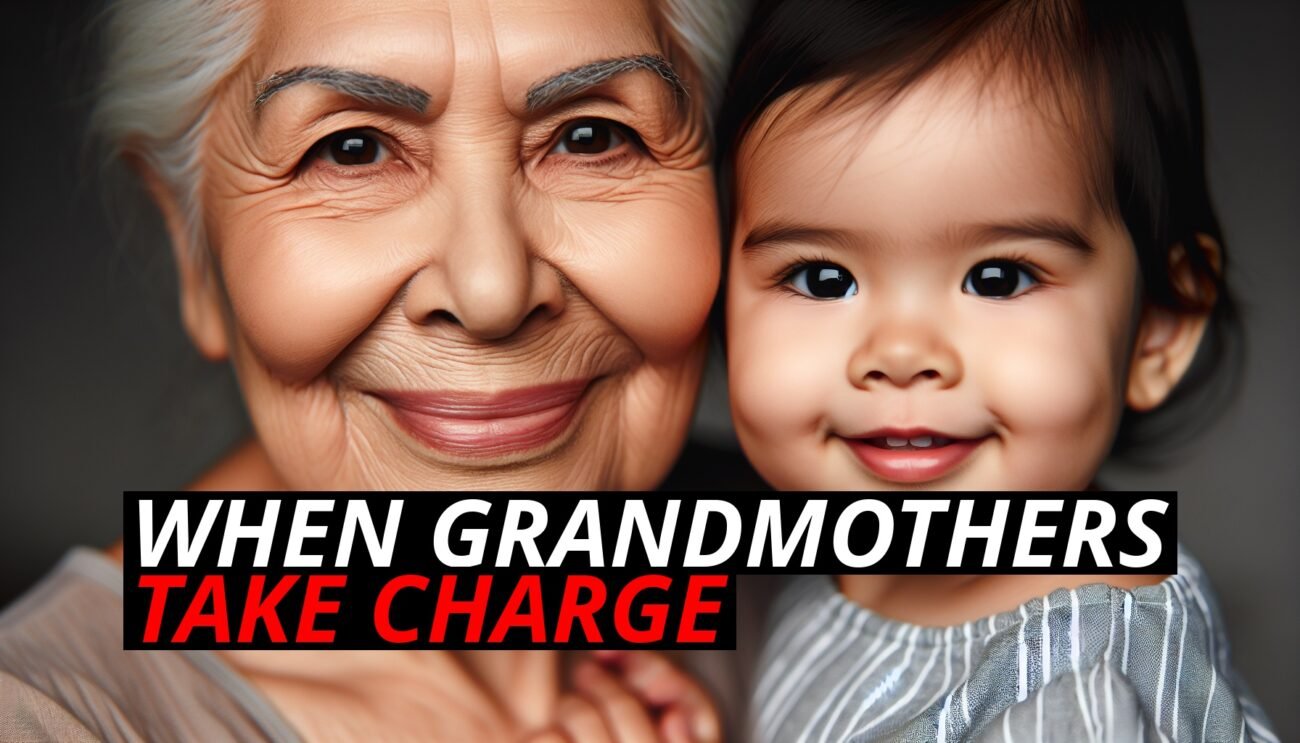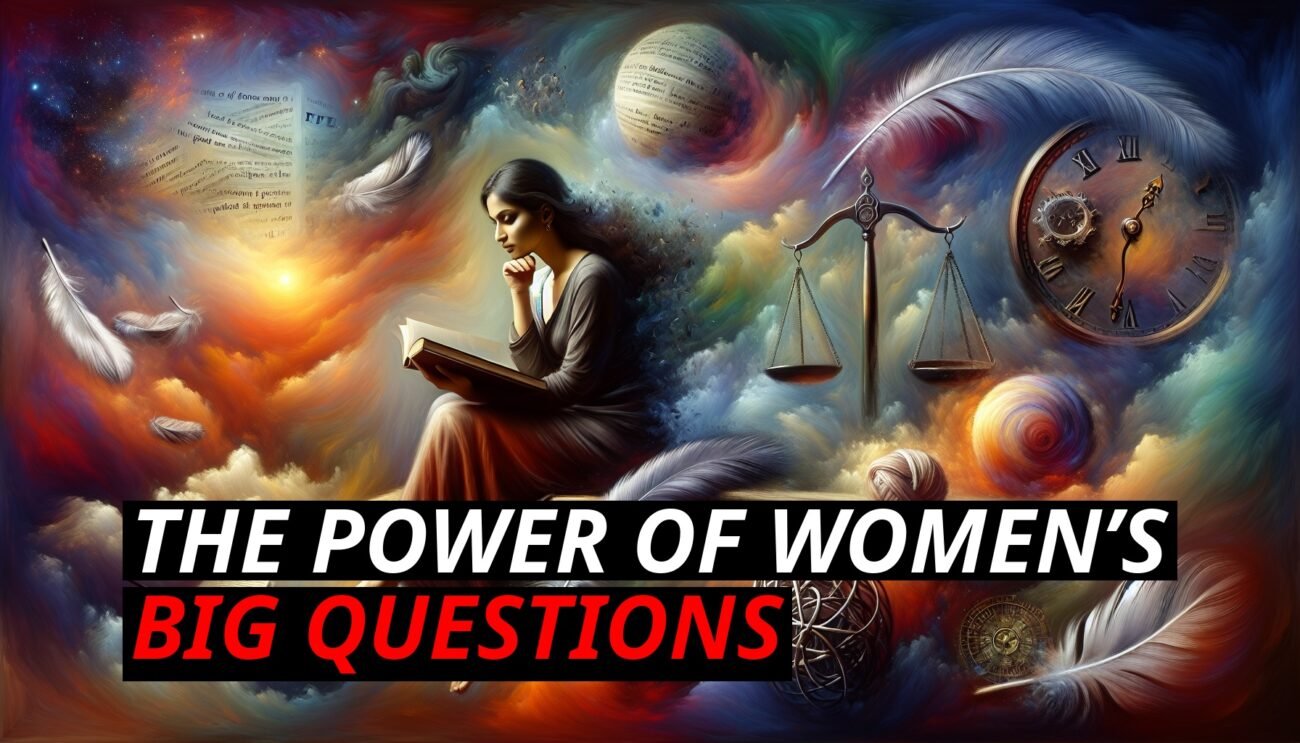Imagine walking into a room and coming face-to-face with yourself—not just a reflection in the mirror, but a living, breathing digital copy that knows everything you know, thinks like you, and even believes it is you. This isn’t a scene from a science fiction movie; it’s a scenario that could become a reality with the advent of mind uploading. As technology advances and the possibility of creating digital doppelgängers draws closer, one question looms large: how would you handle meeting a version of yourself that’s indistinguishable from the original?
The Concept Of Mind Uploading: Creating A Digital Self
Mind uploading is the idea that you could transfer your consciousness—your thoughts, memories, personality—into a digital format, effectively creating a digital version of yourself. This digital self would be able to interact with the world, think, feel, and possibly even evolve, just like the biological version of you.
But what happens when the original you is still around? Unlike in most sci-fi scenarios where the original self no longer exists, the concept of mind uploading raises the possibility of coexisting with your digital doppelgänger. This digital twin would be a perfect copy, believing itself to be you and possessing all the memories and experiences that define your identity. The psychological implications of this are profound and could challenge our understanding of self, identity, and what it means to be human.
Identity Crisis: Who Is The Real You?
One of the most immediate psychological impacts of encountering your digital doppelgänger is the potential for an identity crisis. If your digital self shares all your memories, thoughts, and feelings, who is the real you? The original, biological self might struggle with the idea that there’s another version out there that is just as you as you are.
This identity crisis could lead to a deep sense of existential confusion. The idea that your sense of self is no longer unique, but shared with a digital copy, might challenge your understanding of what it means to be an individual. Are you just a set of memories and experiences, or is there something more—something that can’t be captured by digital technology?
This crisis of identity could also extend to how others perceive you. Friends, family, and colleagues might interact with your digital double, leading to questions about authenticity. Which version of you do they recognize as the real one? And how would that affect your relationships and social interactions?
The Challenge Of Coexistence: Living With Your Digital Self
Even if you can come to terms with the existence of your digital doppelgänger, the practicalities of living alongside it present unique psychological challenges. Would you compete with your digital self for resources, opportunities, and relationships? Or would you collaborate, seeing your doppelgänger as an extension of yourself?
1. Competition and Jealousy
Competition between the biological and digital selves could lead to feelings of jealousy and resentment. If your digital self is more successful, popular, or even happier than you, how would that make you feel? The idea that a copy of you could potentially outperform the original might lead to a deep sense of inadequacy or failure.
2. Collaboration and Dual Existence
On the other hand, you might see your digital doppelgänger as a partner rather than a rival. Together, you could accomplish more than either of you could alone, dividing tasks or exploring different paths. However, this dual existence could also blur the lines between self and other, leading to confusion about where you end and your digital self begins.
3. Impact on Mental Health
The coexistence with a digital doppelgänger could have significant impacts on mental health. Constantly comparing yourself to a version of you that might be better, faster, or more successful could lead to anxiety, depression, or a sense of worthlessness. Conversely, the knowledge that your consciousness could exist in multiple forms might lead to feelings of disconnection from your own identity and reality.
The Ethical Dilemmas: Rights And Responsibilities
The creation of a digital doppelgänger also raises complex ethical questions that could impact your psychological well-being. If your digital self is truly an independent being with its own thoughts and feelings, does it have the same rights as you? And who is responsible for its actions?
1. Autonomy and Free Will
If your digital double has autonomy, it could make decisions that affect both of you. But who is accountable for those decisions? The question of free will becomes murky when both versions of you share the same consciousness and memories. The potential for conflict between your biological and digital selves could lead to ethical dilemmas that challenge your sense of morality and responsibility.
2. Privacy and Identity Theft
There’s also the issue of privacy. If your digital self can access all your memories and personal information, how do you protect your identity? The risk of identity theft—where someone could manipulate or control your digital doppelgänger—becomes a real concern. This could lead to paranoia and a constant fear of losing control over your own life.
3. The Right to Exist
Finally, the question of existence itself comes into play. If your digital self is a conscious being, does it have the right to exist independently of you? The potential for digital doppelgängers to demand recognition and rights could lead to legal and social battles that impact your psychological well-being. The fear of losing your identity, or being replaced by your digital double, could become a source of deep existential anxiety.
The Future Of Self: Redefining Identity In The Digital Age
As we move closer to the possibility of mind uploading, the psychological impacts of confronting our digital doppelgängers will become increasingly relevant. The idea of sharing your identity with a digital version of yourself challenges our deepest beliefs about individuality, autonomy, and what it means to be human.
The future may force us to redefine the concept of self, moving away from the idea of a singular, unique identity and towards a more fluid understanding of consciousness and existence. We might need to develop new coping mechanisms and psychological frameworks to navigate the complex relationship between our biological and digital selves.
In the end, the question of how to handle your digital doppelgänger is not just a technological issue—it’s a psychological and philosophical one. As we explore the boundaries of mind uploading and digital consciousness, we must prepare ourselves for the profound changes it could bring to our understanding of self, identity, and what it means to be truly alive.













